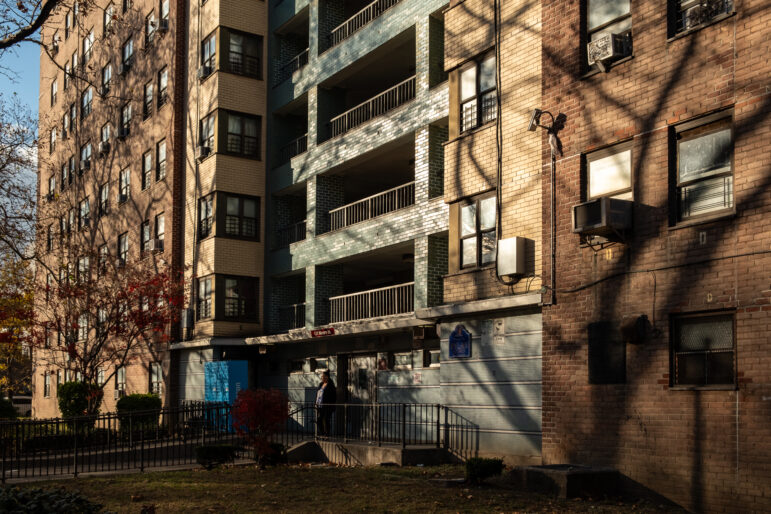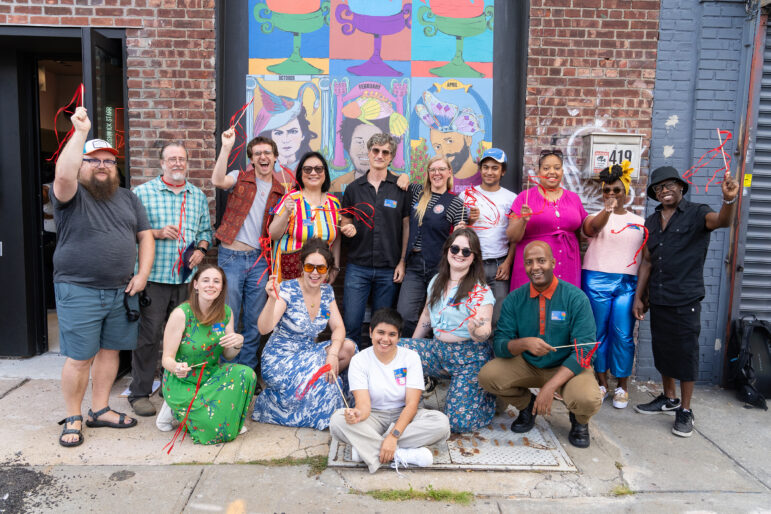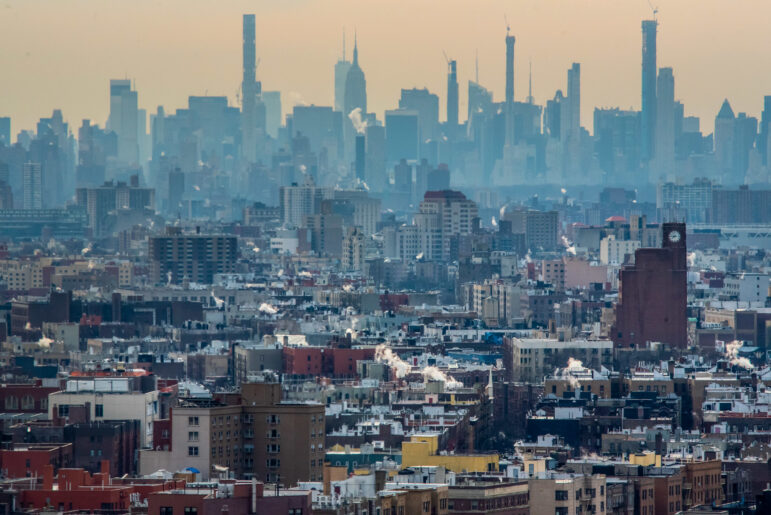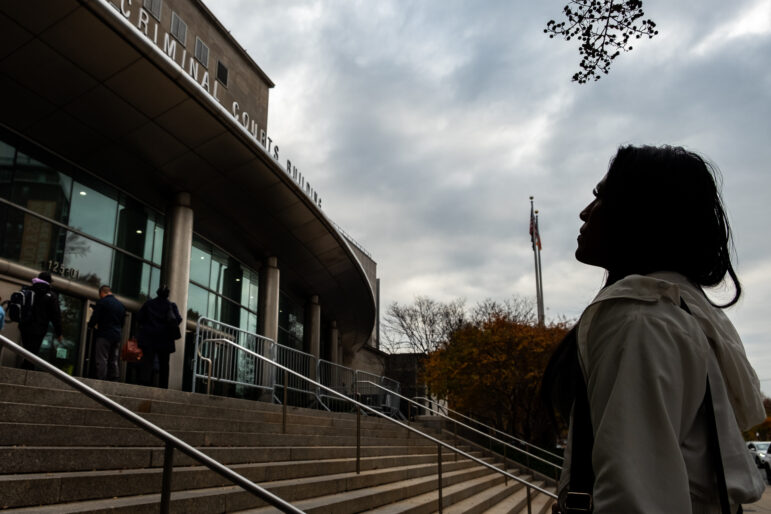The city has shut down it childhood asthma program in Hunts Point, where more kids suffer from chronic breathing problems than almost any other neighborhood in the city.
The New York City Childhood Asthma Initiative quietly shut its office in Hunts Point a few weeks ago and shifed its caseworkers to East Harlem. The move comes a month after the program suffered a $750,000 cut from the city budget.
Four years ago, the Giuliani administration piloted the initiative in the low-income South Bronx community to combat the abnormally high asthma rates there. According to the city Department of Health, in 1997 about 23 of every 1,000 Hunts Point kids under 14 were hospitalized for asthma, second only to East Harlem, where almost 29 children per thousand were treated. The entire borough of the Bronx had the highest rates by far.
So a number of city caseworkers set up shop in Hunts Point to visit hundreds of families’ homes and help them get rid of potential asthma triggers like cockroaches and mold while providing medical information. Th city later opened two other offices, in East Harlem and Bushwick, Brooklyn, and contracted with several other groups to provide similar services in the five boroughs.
Since then, asthma rates have dropped–by 55 percent in Hunts Point and 35 percent citywide–but Hunts Point’s asthma levels are still second only to East Harlem. Nevertheless, the city has decided to consolidate services, said the program’s executive director Lorna Davis. Budget cuts, she said, were not really an issue, though she did admit that running the program out of a space the city owns in East Harlem is cheaper than continuing to rent space in Hunts Point.
“We’re basically answering Mayor Bloomberg’s mandate to do more with less,” she said, noting that case workers will continue to work with the Hunts Point families until all their cases are closed.
In the longer term, the health department plans to contract with Health Force, a community health group, to provide asthma services in Hunts Point. Health Force already has a city contrct to serve nearby Mott Haven and Longwood through the Mott Haven-Longwood Community Asthma Partnership. “It’s not like services no longer exist,” Davis said.
That new deal is far from complete, however. According to Health Force’s executive director, Chis Norwood, her organization has only had “preliminary discussions” with the city about it.
With three caseworkers already serving 90 families, she said her group can’t take on any more cases without more funding, and they don’t know when they will get that since the city contracting process often takes several months.
Meanwhile some community members fear the lapse in service could reverse progress. “It’s sad when you actually start making headway, and then the legs are stolen out from underneath,” said Majora Carter, executive director of Sustainable South Bronx, an environmental advocacy group.








